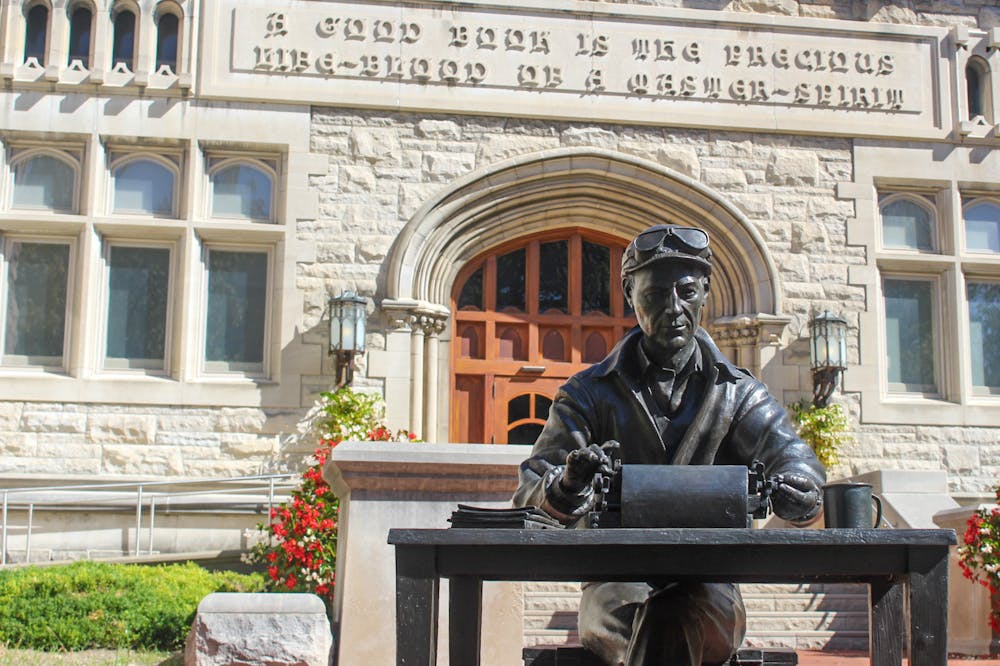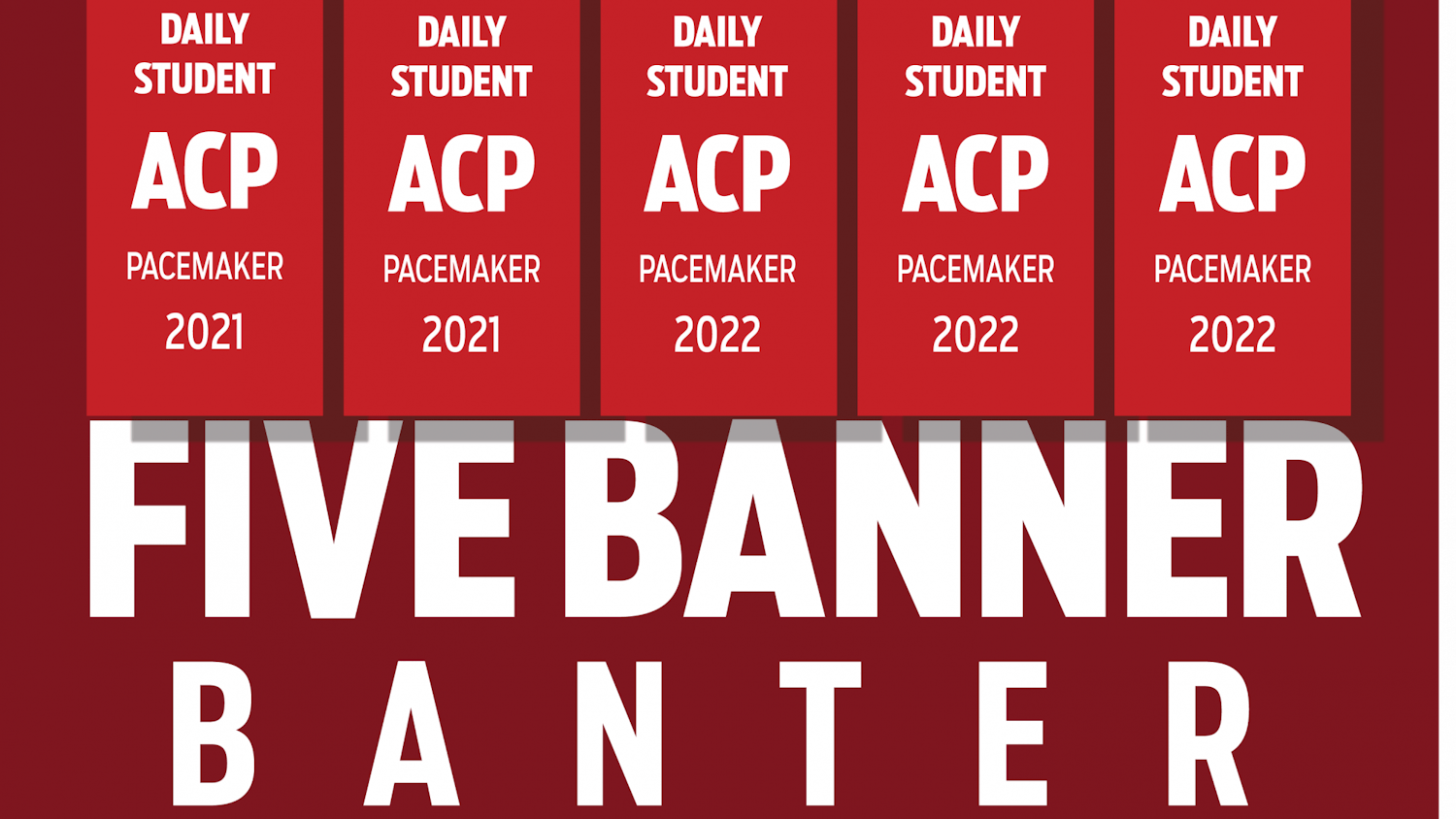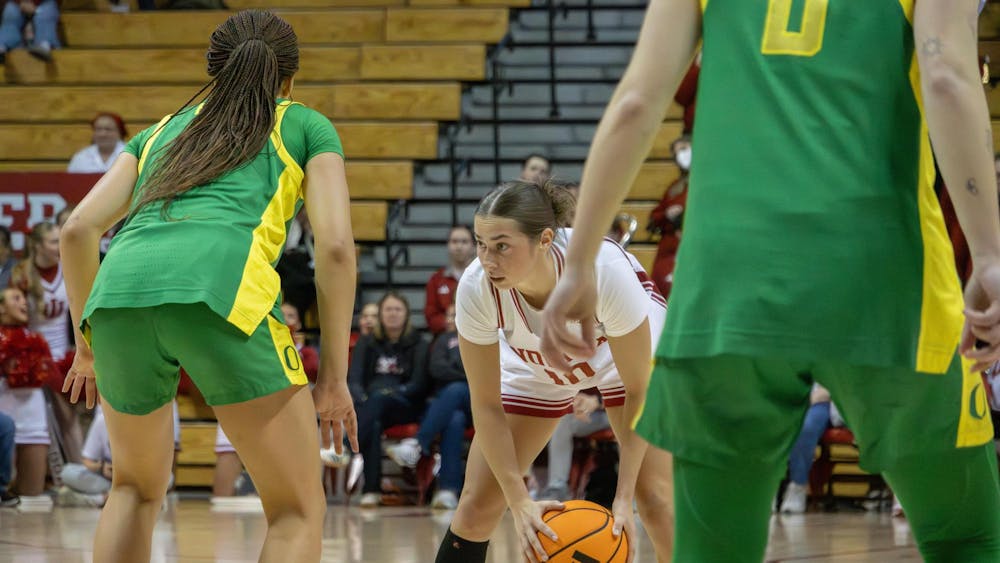American school systems have long served as one of, if not, the greatest means of discovering passion— one student may have found their passion while finger painting in kindergarten, another student found their passion on their middle school track field and yet another may have found their passion in their high school biology lab.
School systems have outwardly promoted the discovery of passion, and it is passion that drives our society’s industrialization and evolution. However, there must come a point when we ought to sever our passions, or ambitions, and focus on a primary ambition for the sake of mastering that given passion. If one were to indefinitely continue their ambition in every field, hobby or subject they deem interesting, it would be extremely improbable for them to obtain expertise in any of those realms of interest.
Holding several ambitions is a phenomenal trait for earnest students, but as we mature, we must eventually reduce our range of ambitions. For many students, IU will likely be the last chance to take advantage of our ambitions — we are granted the opportunity to indulge in any topic that may pique our interest — whether that be learning Quechua or taking classes in jiu-jitsu. The college system offers such peculiar classes because it serves as a way of offering students to find their calling in these niche fields, not necessarily to promote consistent curiosity throughout one’s life.
[Related: GUEST COLUMN: 5 things incoming students should know when arriving in Bloomington]
Even on the IU Career website, a page titled “Find Your Passion” reads, “While you’re a student here, you have carte blanche to jump in and try as many new things as you want.” I must emphasize the first five words of this sentence: “While you’re a student here[.]” Ambition to venture into new intellectual fields is perhaps one of the greatest gifts IU and similar universities can offer, but we must eventually settle on one field. Without doing so, it may become impossible to reach expertise or mastery in any field.
This view thus relies on an apparent premise: that we must strive for mastery in whichever field of work we place ourselves into. Mastery is a fundamental necessity in our society, as it is the mastery of fields that push the respective field forward with newfound theories and techniques.
History has provided a plethora of examples that verify this. Consider Charles Darwin, for example, who dedicated five years of his life to voyaging around South America, collecting plants and wildlife that would eventually lead to his study of finches on the Galapagos Islands that inspired him to further study his theory of evolution.
Had Darwin merely taken a general interest in biology and science, he would have likely never found the commitment to five years abroad that would eventually lead to his theory of evolution. Rather, it was his mastery and sole ambition in biology that allowed him to make this historic discovery.
The idea of a sole ambition leading to mastery can even be found from IU’s very own Ernie Pyle. Largely considered one of the greatest American journalists, Pyle was immensely focused on journalism as soon as he came to campus. Pyle vigorously covered a series of articles before he became an eventual editor of the Washington Daily News before famously writing on the World War II frontlines and winning a Pulitzer Prize.
[Related: OPINION: Dear Ernie Pyle]
Pyle remained committed to his passion for journalism, which is precisely what led him to find remarkable success and expertise that has not only made him an icon of IU, but an icon across the entire field of journalism. Had it not been for his consistent rigor toward his ambitions in journalism, I find it unlikely we would ever see his statue outside of Franklin Hall today.
I must reemphasize that while Pyle had his passion figured out by the time he was in college, that does not mean we ought to do the same. I write for the IDS, yet major in philosophy and political science and minor is Spanish and psychology; clearly, I am far from sure as to what ambition I would hope to stick to. As I have previously stated, there is no better time than being an undergraduate or graduate student to find which passion calls for us.
But whatever passion that may be, our best chance of making strides in our desired field is by primarily focusing on that passion. Without that drive, the world may have never seen our greatest thinkers; and history has shown that with enough resources and focused passion, revolutionary thinkers and ideas can continue to develop.
Jacob Lubarsky (he/him) is a junior studying philosophy and political science with minors in psychology and Spanish.






